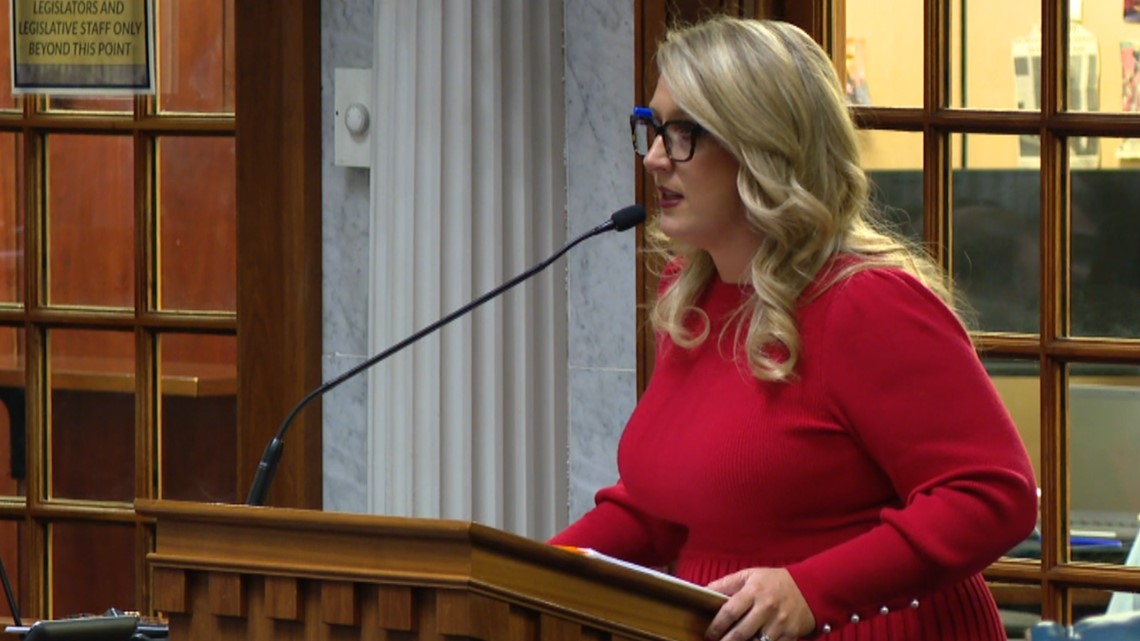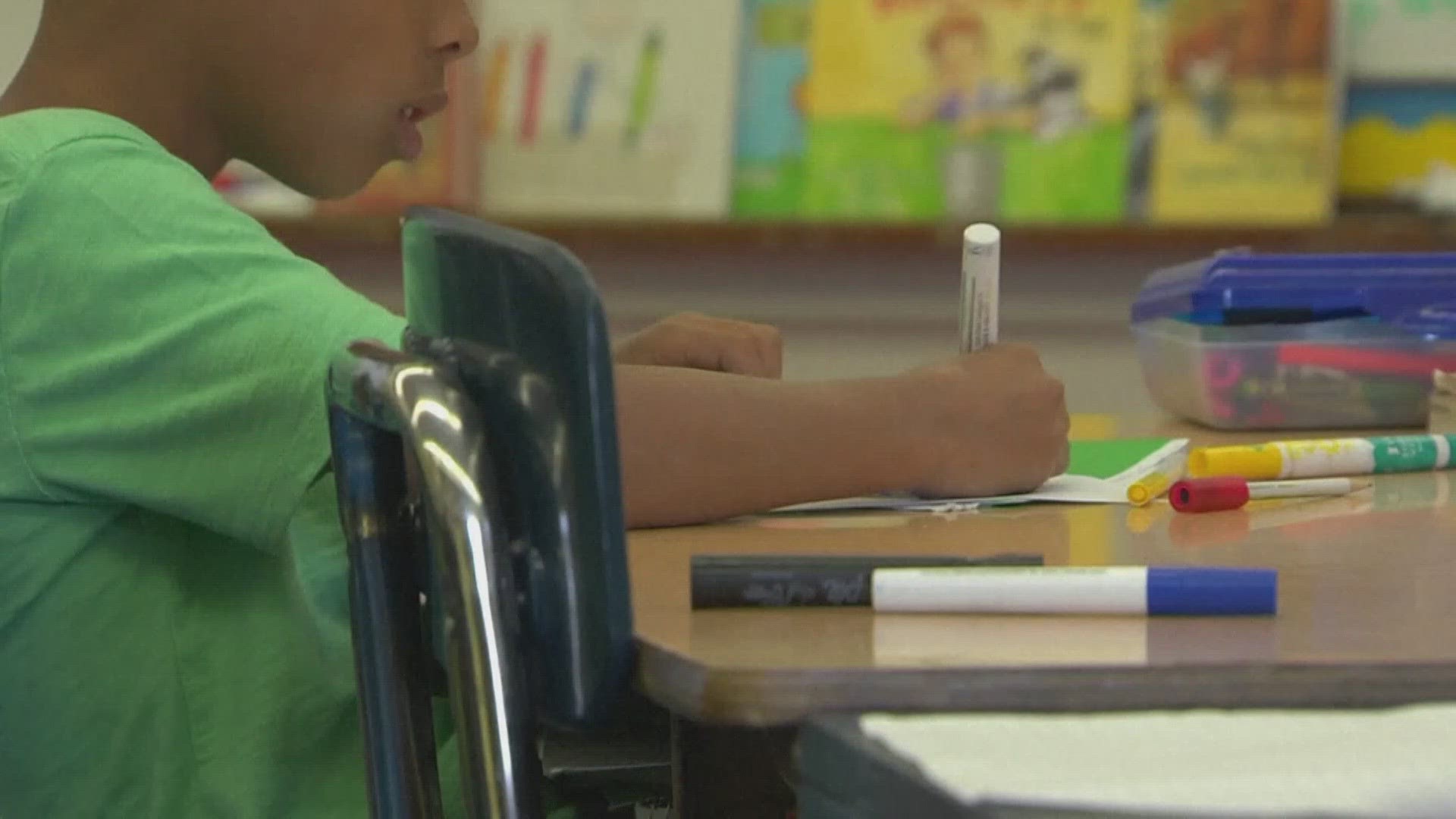INDIANAPOLIS — What's the best way to make sure Hoosier children are reading by the end of third grade?
That's a question lawmakers and education experts debated for 3 1/2 hours Wednesday afternoon at the Indiana Statehouse.
Senate Bill 1 calls for students to take the IREAD test in second grade instead of third grade, which is the current requirement. The idea is to identify kids having reading problems earlier, so they can get help sooner.
"When 14,000 kids are not reading by the end of third grade, that is a crisis," Indiana Secretary of Education Dr. Katie Jenner told lawmakers in the Senate’s Education and Career Development Committee.
That's how Jenner views the current statistics that show one in five Indiana students can't read by the end of third grade.
Jenner testified Wednesday on Senate Bill 1.
"We're here for solutions, 14,000 is unacceptable. 14,000 kids whose lives will be significantly changed if they're not ready by the end of third grade. Lives will be changed. We know that we have to do something about it," Jenner said.


According to Indiana’s Secretary of Education, right now, some Indiana schools are giving the IREAD test to second graders. Under Senate Bill 1, students who pass the test in second grade wouldn't have to take it again.
Students who failed the test could get reading help in summer school before taking the IREAD test again in third grade. If they failed the test then, they'd have two more chances to pass it before schools would consider holding them back a grade.
Retention is a move even those who support the bill said schools needed to be careful about using.
"I think it's a legitimate intervention, but I also think its intervention that needs to be used sparingly in specific cases," said Dr. Vince Edwards, principal of Fortville Elementary School.
"This is not a retention bill. Retention is the absolute last resort after we have exhausted all other methods to help struggling readers," the bill’s author, State Senator Linda Rogers, R-District 11, told the committee.


Exceptions for not holding a student back would include students with an IEP or students with English as their second language.
Senator J.D. Ford, D-District 29, questioned why students were having reading issues, saying that needed to be looked at, too.
"Could it be trauma? Could it be a student moving around?" Ford asked.
According to Jenner, close to a quarter of kids who fail the IREAD test have missed more than 3 1/2 weeks of school.
"We can invest all the dollars we want, but if you're missing school, your teachers can only do so much to get you there," Jenner said.
Senate Bill 1 passed out of committee with a 9-4 vote.
Lawmakers who voted against the bill said it needed to address why kids were having reading issues, while also giving schools more time to implement science of reading requirements passed last session.
Lawmakers who voted for the bill said they heard overwhelmingly from their constituents that they supported holding students back if they couldn't read.

